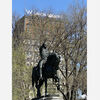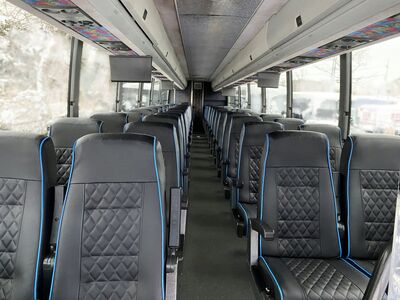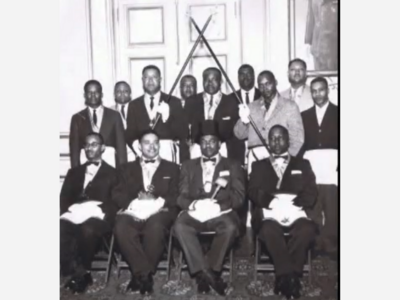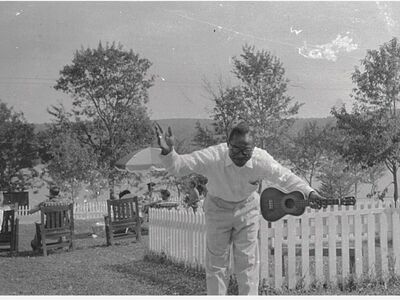Alcohol Justice opposes SB 314 to prevent alleged alcoholic partying on California's streets
The state of California allegedly prioritizes alcohol profits over public health, according to an industry watchdog group.“There's a huge discrepancy there between what's coming in from alcohol-related businesses and the actual out-of-pocket expenses for state and local governments, which is more than $2 per drink," said Michael J. Scippa, director of public affairs with Alcohol Justice. “If you look at deaths, injuries, lost productivity, disease, and illness associated with excessive alcohol consumption, you’ll begin to get a picture of the financial losses the state has suffered.”
The cost of excessive alcohol use statewide, according to the CDC, is $35 billion when taxes and fees paid by all alcohol-related businesses in California are only about $350 million a year, according to Alcohol Justice data.
Eric Hirata is currently the director of the Department of Alcoholic Beverage Control (ABC).“ABC takes their cues from the governor,” Scippa said in an interview. “They have no public opinion on public health and safety unless the governor tells them what that is.”As previously reported in the Southern California Record, Gov. Gavin Newsom is a co-owner of the PlumpJack Group, which includes vineyards, wine labels, wineries, bars, and restaurants.
Although most of the bills that Alcohol Justice cares about are still in committee, Scippa is particularly concerned about a bill that is expected to be voted on in the current legislative session“It would extend or expand drinking on public sidewalks within these parklets that have popped up because people don't want to eat inside or drink inside due to COVID-19,” Scippa said. “They've taken over the sidewalks in front of the establishments and they've taken over alleys and parking lots. They have had to bend a lot of the rules and regulations concerning consumption and sales to make that happen.”Once approved, SB 314 would permanently permit consuming alcoholic drinks on the streets for cities and counties that choose the behavior pattern.“We're of course actively engaged in trying to influence those legislative committees and legislators to place public health and safety above expanding business opportunities,” Scippa said.














